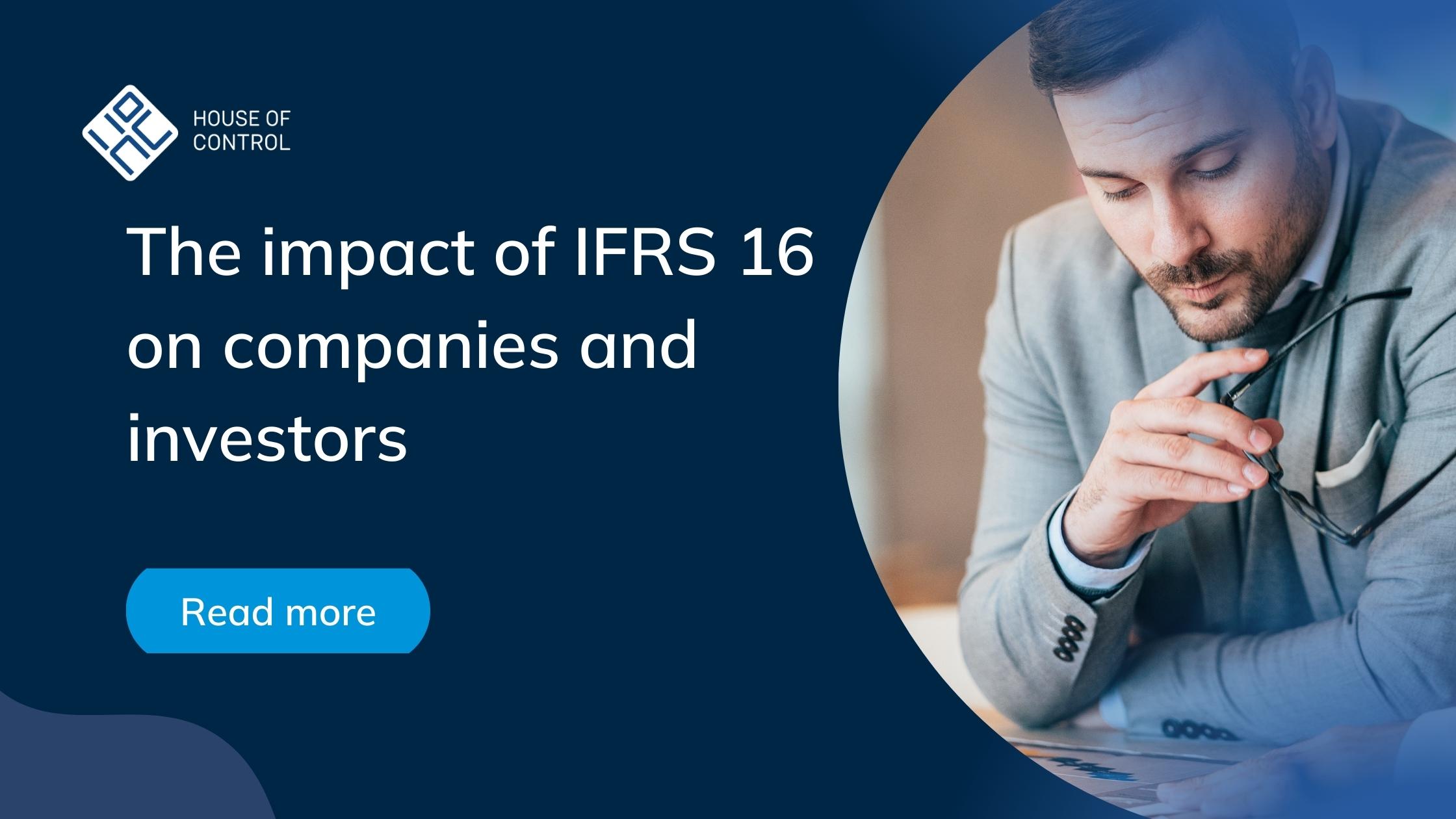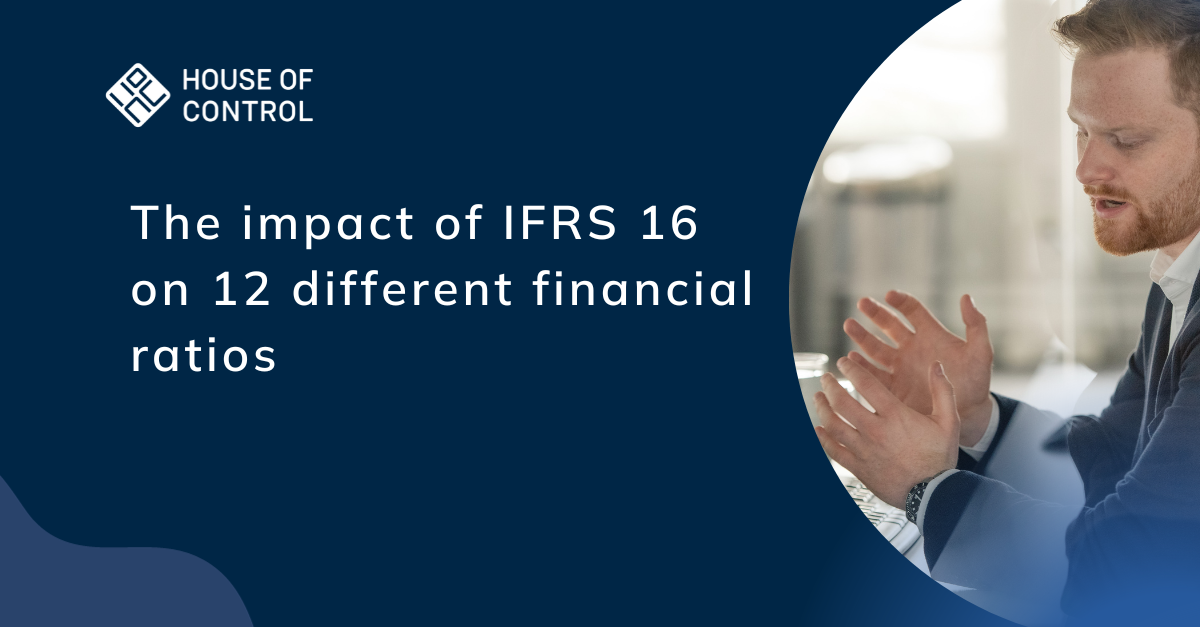How to handle almost 400 IFRS leasing contracts in a circular economy company
It takes an ambitious business model and a dedicated team to help the world transform to a green and circular economy. It also takes quite a few leasing contracts. Handling them can easily make the finance team feel they are not themselves a renewable resource.
Norsk Gjenvinning (NG) is a critical part of the Nordic infrastructure and an enabler for the Nordic circular economy. Through its activities, NG ensures recycling of materials and recovery of energy in waste, which conserves resources and reduces greenhouse gas emissions, in addition to reduction of waste through reuse and waste prevention.
Norsk Gjenvinning in 7 bullets: Circular economy, complex finance
- 1,800 employees in
- … 7 business segments
- … with their own finance department
- 60+ business units that has entered into almost
- … 400 IFRS 16 leases with close to
- … NOK 2 billion in lease liabilities
- Frequently acquiring companies with more leases
Green Economy change agent
NG manages between 2 and 3 million tons of waste per year, at a recycling and recovery rate of 98%, of which 60% is recovered as new raw materials. Through material and energy recovery, NG contributes to CO2-equivalent savings of more than half a million tons annually.
Thus, NG is a company rich in stakeholders. The company serves more than 40,000 private, public and industrial customers. Impacted stakeholders are the planet (through the conservations of resources and reduction in greenhouse gas emissions), employees (enjoying a safe workplace and strong employer brand), suppliers and subcontractors (through partnerships and ensuring a transparent value-chain), banks and investors (financing the transition to a circular economy), as well as government and authorities (by acting as a catalyst for the circular economy and regulating/controlling the industry).
IFRS 16 complexity
Such a complex business with a high number of stakeholders also comes with a high number of leases. Their 1,800 employees at more than 60 entities in seven different business segments have entered into almost 400 leasing contracts (at the end of 2022) in five countries of operation. These leasing contracts have a combined lease liability of almost NOK 2 billion.
The IFRS 16 standard requires NG to record their future lease payments as a liability in the balance sheet. This is to give the users of the financial statements a better understanding of the companies’ actual obligations. IFRS 16 specifies how to recognize, measure, present and disclose leases.
There are plenty jobs to be done:
- Map and measure all lease payments
- Determine the lease term for each contract
- Determine the discount rate
- Calculate the present value of the lease payments
- Recognize the liability and the asset
- Recognize right-of-use assets
More than 60 business entities
How to manage all these contracts in ways that are optimal for their value creation while staying IFRS 16 compliant without drowning NG’s finance department in manual contract management? See, that’s really three questions. Chief Group Controller Regine Vik came to our studio to talk about the IFRS 16 challenges she and her team have encountered and solved.
All seven business segments at NG have their own finance team which are, among other things, responsible for entering and maintaining leasing contracts. However, it is the group finance team that is responsible for consolidating in accordance with IFRS 16. With six years of experience in auditing at Big Four network firm KPMG, Regine is perfectly positioned to lead the team and solve the challenges.
Challenge #1: Completeness
“It goes without saying that completeness is itself an independent challenge. It is quite a task to make sure all contracts are registered, and we need to engage a lot of people in our organization to get the full picture. Several times a year we review the completeness, comparing budget reports from the lease accounting software to actual expenses,” Vik says.
“Adding to the complexity, we are frequently acquiring new companies. During the due diligence processes we always inquire about the landscape of leasing contracts.”
When we speak to Regine, she is busy preparing for the year-end:
“At year-end it is again time to map leasing contracts. Renewals, expired contracts, options – those are keywords for what we do at this time of the year. To ensure sound contract management we are very much helped by the software that sends us useful notifications.”
Software? Yes, please
The software she is referring to is House of Control’s unique IFRS 16 compliance software, that in NG’s case works smoothly along with IBM Cognos Controller for more general IFRS reporting. We asked her for advice to make the year-end process better when it comes to IFRS 16 leases.
“With almost 400 leases we need a tool we can trust. The risk of error is much lower when you can trust a dedicated software. Also, I think it is important to have a plan and exercise clear deadlines for all people involved in the process. Prepare as much as possible in advance. Talk to your auditors about how they can access your lease accounting solution for reviewing your contracts and reporting.”
NG has used House of Control’s IFRS 16 solution since IFRS came into effect in January 2019. Her team are experienced users:
“Since we have so many leases we are pretty much dependent on using software for IFRS 16 reporting. House of Control’s solution is easy to use, with a lot of helpful user guides available in the solution. And whenever we need more help, it is only a phone call away.”
This is the IFRS 16 SaaS solution preferred by Norsk Gjenvinning
Read more customer stories about companies managing IFRS 16 contracts in the same way





